Home>Gardening & Outdoor>Landscaping Ideas>What To Use To Kill Nut Grass
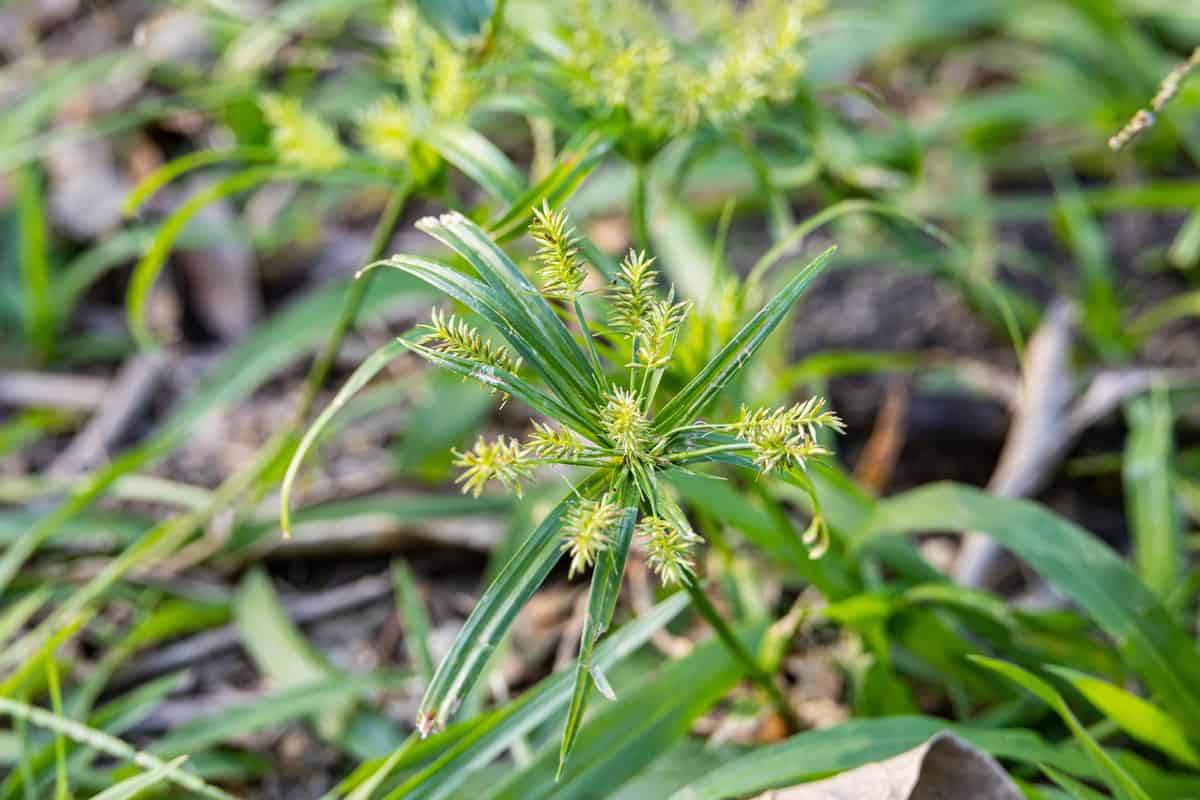

Landscaping Ideas
What To Use To Kill Nut Grass
Modified: February 18, 2024
Discover effective landscaping ideas for killing nut grass and maintaining a pristine lawn. Find the best solutions for eliminating nut grass in your yard.
(Many of the links in this article redirect to a specific reviewed product. Your purchase of these products through affiliate links helps to generate commission for Storables.com, at no extra cost. Learn more)
Introduction
Welcome to the battle against nut grass! If you’ve ever struggled with this persistent and invasive weed, you know just how challenging it can be to eradicate. Nut grass, also known as nutsedge, is a resilient and fast-growing weed that can quickly take over lawns, gardens, and landscapes, disrupting the visual appeal and health of your outdoor spaces.
In this comprehensive guide, we’ll explore various strategies for combating nut grass, ranging from natural remedies to chemical solutions and mechanical methods. Whether you prefer environmentally friendly approaches or more aggressive tactics, there’s a solution to suit your preferences and needs.
By understanding the nature of nut grass and the diverse options available for its control, you’ll be equipped to make informed decisions and take effective action. Let’s dive into the world of nut grass and discover the most effective ways to reclaim your outdoor spaces from this resilient weed.
Key Takeaways:
- Natural remedies like mulching, solarization, and vinegar offer eco-friendly ways to combat nut grass, promoting a healthy landscape while minimizing harm to surrounding ecosystems.
- Mechanical methods such as hand pulling, cultivation, and barrier installation provide sustainable options for controlling nut grass without relying on chemical interventions, fostering a resilient outdoor environment.
Read more: What Chemical Will Kill Nut Grass
Understanding Nut Grass
Before delving into the methods of eradicating nut grass, it’s essential to understand the adversary at hand. Nut grass, scientifically known as Cyperus rotundus, is a perennial weed that can thrive in diverse conditions, making it a formidable foe for gardeners and landscapers. Its grass-like appearance can deceive the untrained eye, but its rapid growth and ability to spread through underground rhizomes set it apart as a formidable nuisance.
One of the most challenging aspects of nut grass is its resilience. Traditional herbicides often struggle to effectively control it due to its unique growth patterns and robust underground network. The presence of nut grass can disrupt the uniformity of lawns and garden beds, posing a persistent threat to the aesthetic appeal of outdoor spaces.
Understanding the life cycle of nut grass is crucial for devising an effective eradication strategy. This weed reproduces through seeds and underground rhizomes, allowing it to rapidly colonize new areas and outcompete desirable plants. Moreover, the ability of nut grass to thrive in diverse soil types and moisture levels makes it a versatile and adaptable adversary.
Recognizing nut grass in its early stages of growth is key to preventing its spread. The distinctive triangular stems and clusters of spikey seed heads set nut grass apart from surrounding vegetation, enabling proactive intervention before it gains a foothold.
By gaining insight into the characteristics and growth habits of nut grass, you can better appreciate the importance of employing effective eradication methods. Armed with this understanding, you’ll be prepared to explore a range of strategies tailored to combat this resilient weed.
Natural Remedies for Killing Nut Grass
For those seeking environmentally friendly and non-toxic approaches to combat nut grass, natural remedies offer a compelling solution. These methods harness the power of natural elements to suppress and eliminate nut grass while minimizing the impact on surrounding plants and ecosystems.
1. Mulching: Applying a thick layer of organic mulch, such as wood chips or straw, can effectively smother nut grass and inhibit its growth. This method deprives the weed of sunlight while improving soil moisture retention and enhancing the overall health of the landscape.
2. Solarization: By covering the affected area with clear plastic sheeting during the hottest months, solarization harnesses the sun’s energy to raise soil temperatures and eradicate nut grass and its seeds. This technique is particularly effective in warm climates and can significantly reduce nut grass populations over time.
3. Vinegar Solution: A natural herbicidal solution can be created by mixing household vinegar with a high concentration of acetic acid. When carefully applied to nut grass foliage, this solution can effectively desiccate and kill the weed. However, caution must be exercised to avoid contact with desirable plants, as the acetic acid can harm them as well.
4. Boiling Water: Pouring boiling water directly onto nut grass can be a simple yet effective method for targeted control. The intense heat destroys the weed’s foliage and can penetrate the soil to reach the rhizomes, providing a natural and chemical-free approach to eradication.
5. Organic Herbicidal Sprays: Commercially available organic herbicidal sprays, formulated with natural ingredients such as citric acid or clove oil, offer a safe and eco-friendly option for controlling nut grass. These products provide effective control while minimizing harm to the environment and beneficial organisms.
It’s important to note that while natural remedies can be effective in managing nut grass, they may require persistence and regular maintenance to achieve desired results. Additionally, combining multiple natural methods can enhance their overall effectiveness, providing a holistic approach to weed management.
By exploring these natural remedies, you can take proactive steps to combat nut grass while promoting a healthy and sustainable landscape. These methods offer a harmonious balance between effective weed control and environmental stewardship, empowering you to reclaim your outdoor spaces without compromising ecological integrity.
To kill nut grass, use a selective herbicide containing the active ingredient sethoxydim or sulfentrazone. Apply the herbicide according to the label instructions for best results.
Chemical Solutions for Killing Nut Grass
When faced with a severe nut grass infestation or a need for rapid and targeted control, chemical solutions can offer a potent means of eradication. These products are designed to effectively combat nut grass, providing a decisive response to persistent weed challenges. It’s important to approach chemical solutions with care and consideration for their potential impact on the environment and surrounding vegetation.
1. Selective Herbicides: Certain selective herbicides are formulated to specifically target nut grass while minimizing harm to desirable plants. These products contain active ingredients such as sulfentrazone or halosulfuron-methyl, which are absorbed by the weed and translocated to the rhizomes, effectively killing the entire plant.
2. Non-Selective Herbicides: Non-selective herbicides, such as glyphosate-based products, provide broad-spectrum control and can be used to eradicate nut grass in non-crop areas. Care must be taken when using non-selective herbicides to prevent unintended damage to surrounding vegetation, as these products can eliminate both weeds and desirable plants on contact.
3. Pre-Emergent Herbicides: For preemptive control of nut grass, pre-emergent herbicides can be applied to the soil to prevent the germination of weed seeds. These products create a barrier in the soil, inhibiting the growth of nut grass and other weeds before they emerge, offering long-term control when used as part of a comprehensive weed management plan.
4. Post-Emergent Herbicides: Post-emergent herbicides are designed to target actively growing nut grass, delivering targeted control and preventing further spread. These products can be applied directly to the foliage of nut grass, where they are absorbed and translocated throughout the plant, effectively disrupting its growth and vitality.
5. Combination Products: Some herbicidal formulations combine multiple active ingredients to provide a comprehensive approach to nut grass control. These combination products may offer both pre-emergent and post-emergent control, providing a versatile and integrated solution for managing nut grass infestations.
When using chemical solutions for nut grass control, it’s crucial to follow label instructions diligently and consider factors such as application timing, environmental conditions, and potential impacts on non-target organisms. Additionally, integrating chemical treatments with other control methods, such as mulching or mechanical removal, can enhance overall effectiveness while minimizing reliance on herbicidal products.
By leveraging chemical solutions judiciously and responsibly, you can address nut grass infestations with precision and efficacy, restoring the health and visual appeal of your outdoor spaces while maintaining environmental stewardship.
Mechanical Methods for Killing Nut Grass
For those who prefer hands-on approaches to weed control or seek alternatives to chemical interventions, mechanical methods offer effective and environmentally friendly options for combating nut grass. These techniques harness physical tools and labor to directly target and remove the weed, providing a proactive and sustainable approach to weed management.
1. Hand Pulling: While labor-intensive, hand pulling remains a highly effective method for controlling nut grass in small-scale infestations. By carefully grasping the base of the weed and gently pulling upward, the entire plant, including the underground rhizomes, can be extracted, minimizing regrowth and spread.
2. Cultivation: Using a hand tool or garden hoe, cultivation can disrupt nut grass growth by severing rhizomes and exposing them to desiccation. Regular cultivation of affected areas can weaken nut grass populations and inhibit their ability to proliferate, particularly in garden beds and small plots.
3. Mowing and Trimming: Regular mowing and trimming of lawns and landscapes can help manage nut grass by preventing the development of seed heads and reducing the vigor of the weed. Maintaining a consistent mowing height and frequency can limit the spread of nut grass and promote the dominance of desirable turf or ornamental plants.
4. Cover Crops: Planting cover crops, such as smothering grasses or legumes, can effectively suppress nut grass by outcompeting it for resources and shading the soil. These cover crops create a dense and competitive environment, inhibiting the growth and spread of nut grass while enhancing soil health and structure.
5. Barrier Installation: Installing physical barriers, such as landscape fabric or edging, can create delineated zones that prevent the encroachment of nut grass into desired areas. These barriers serve as a protective boundary, limiting the spread of rhizomes and providing a long-term solution for containment.
While mechanical methods may require ongoing effort and vigilance, they offer a sustainable and proactive approach to nut grass control, minimizing reliance on chemical interventions and promoting the long-term health of the landscape. By integrating these techniques into a comprehensive weed management plan, you can effectively combat nut grass while fostering a resilient and balanced outdoor environment.
Read more: How To Kill Nut Grass In Your Lawn
Conclusion
The battle against nut grass demands a multifaceted and strategic approach, drawing upon a diverse array of remedies and methods to effectively combat this resilient weed. By understanding the nature of nut grass and the unique challenges it presents, you can tailor your approach to weed control, selecting from natural, chemical, and mechanical solutions to reclaim your outdoor spaces and promote a healthy landscape.
For those inclined towards environmentally friendly and sustainable practices, natural remedies offer compelling options for nut grass management. From mulching and solarization to vinegar solutions and organic herbicidal sprays, these methods harness the power of nature to suppress and eliminate nut grass while minimizing harm to surrounding ecosystems. By embracing these natural remedies, you can address nut grass infestations with an eco-conscious mindset, nurturing the health and balance of your outdoor environment.
On the other hand, chemical solutions provide a decisive response to severe nut grass infestations, offering targeted control and rapid eradication. Selective and non-selective herbicides, pre-emergent and post-emergent treatments, and combination products equip you with potent tools to combat nut grass effectively. When used judiciously and in accordance with label instructions, these chemical solutions can restore the visual appeal of your outdoor spaces while maintaining environmental stewardship.
Meanwhile, mechanical methods present a hands-on and sustainable approach to nut grass control, allowing you to directly target and remove the weed using physical tools and labor. Hand pulling, cultivation, mowing, cover cropping, and barrier installation offer effective strategies for managing nut grass without relying on chemical interventions. By integrating these mechanical methods into your weed management plan, you can foster a resilient and balanced outdoor environment while minimizing the impact on surrounding ecosystems.
Ultimately, the most effective approach to nut grass control often involves a combination of remedies and methods, tailored to the unique characteristics of your landscape and the extent of the infestation. By embracing a holistic approach to weed management and integrating natural, chemical, and mechanical strategies, you can reclaim your outdoor spaces from the clutches of nut grass while promoting the long-term health and beauty of your landscape.
Armed with a deeper understanding of nut grass and a diverse toolkit of control methods, you are well-equipped to navigate the challenges of weed management, empowering you to cultivate thriving and visually stunning outdoor environments for years to come.
Frequently Asked Questions about What To Use To Kill Nut Grass
Was this page helpful?
At Storables.com, we guarantee accurate and reliable information. Our content, validated by Expert Board Contributors, is crafted following stringent Editorial Policies. We're committed to providing you with well-researched, expert-backed insights for all your informational needs.
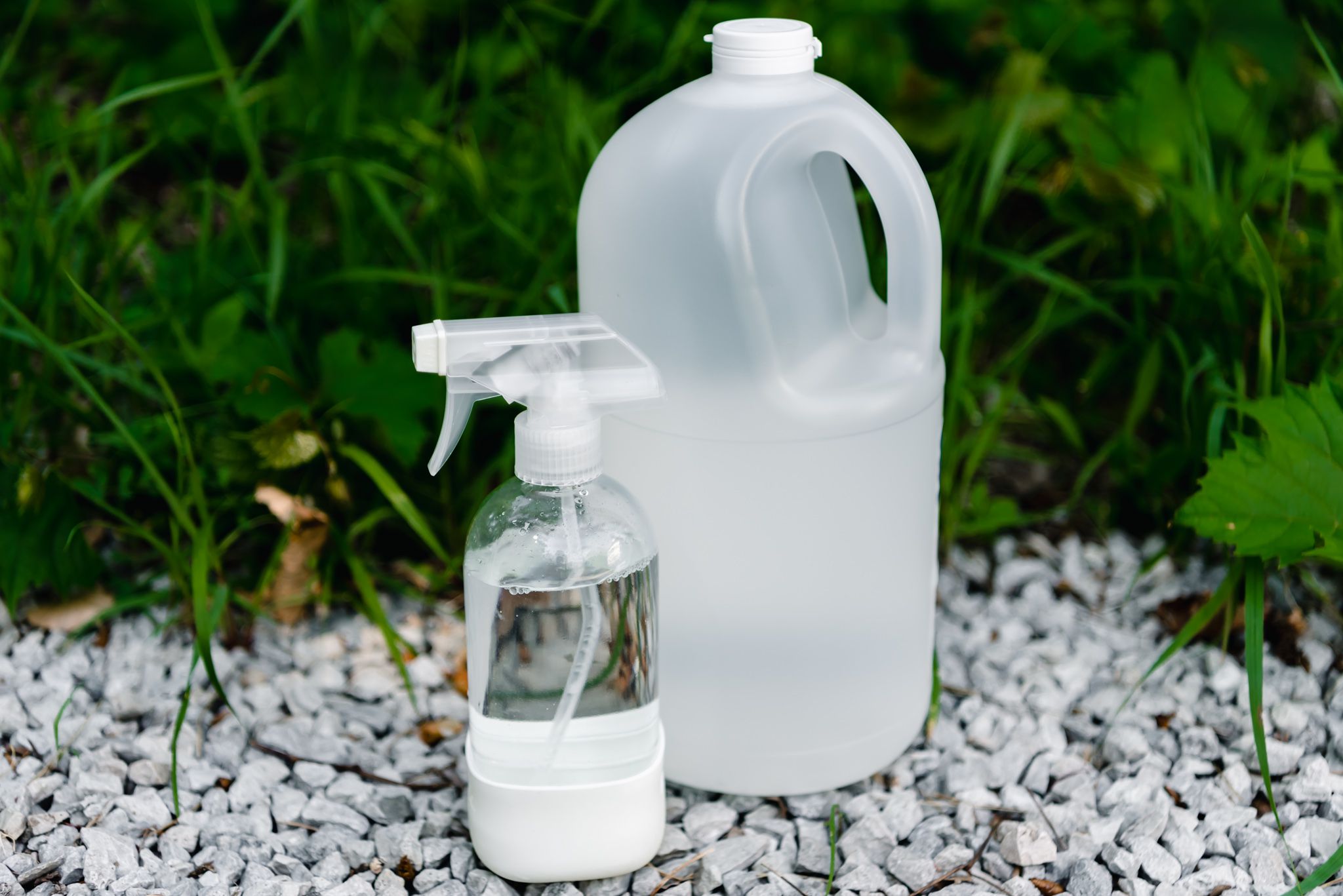
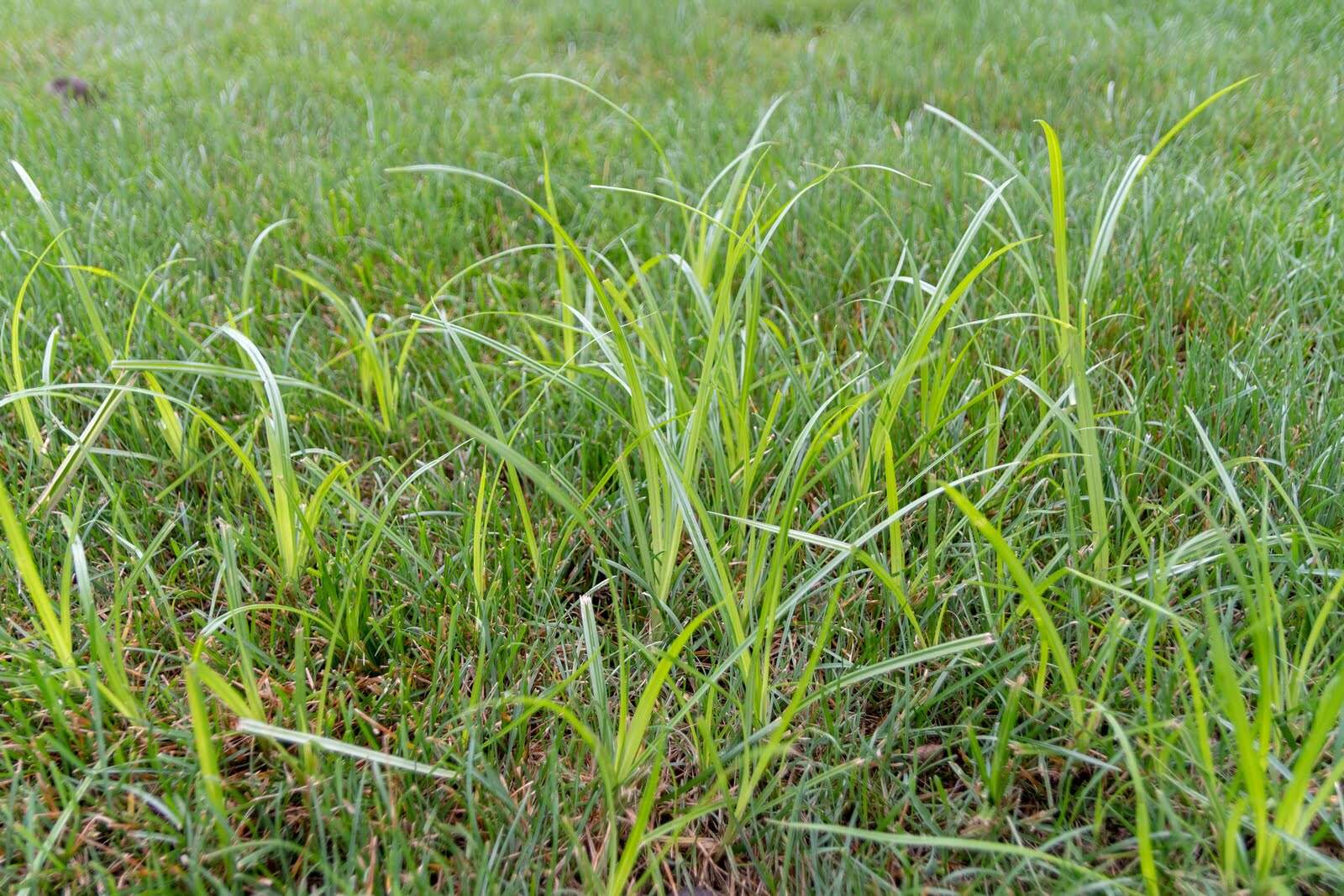
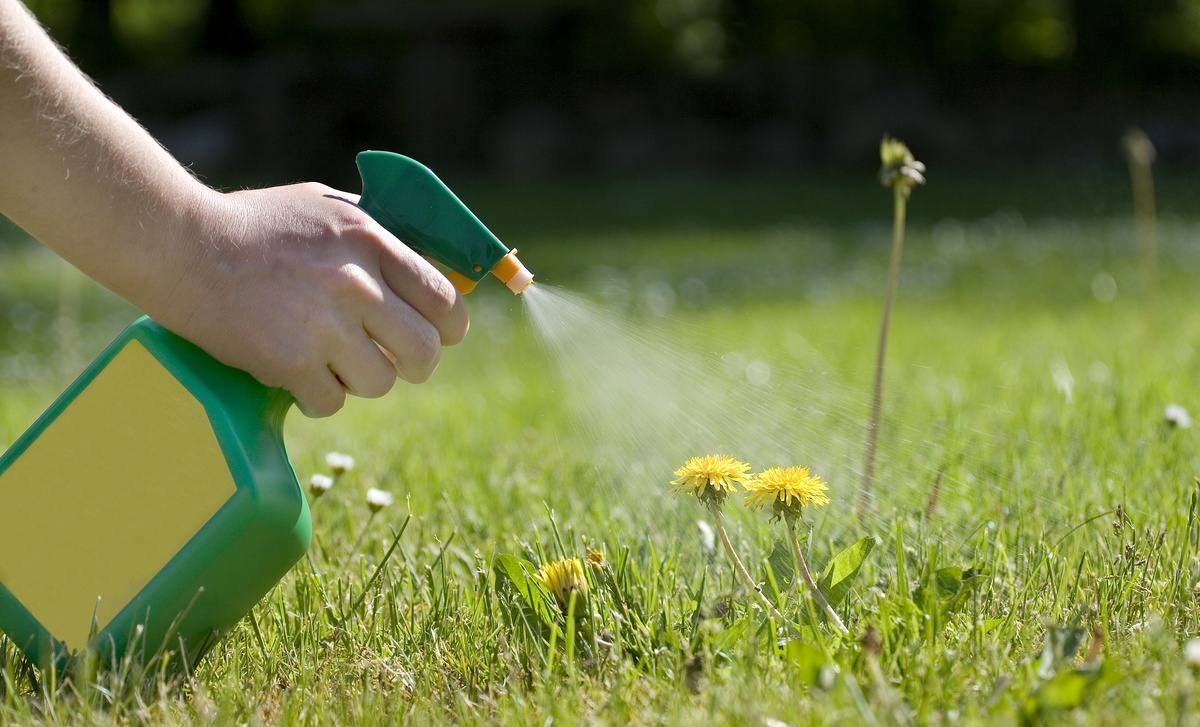
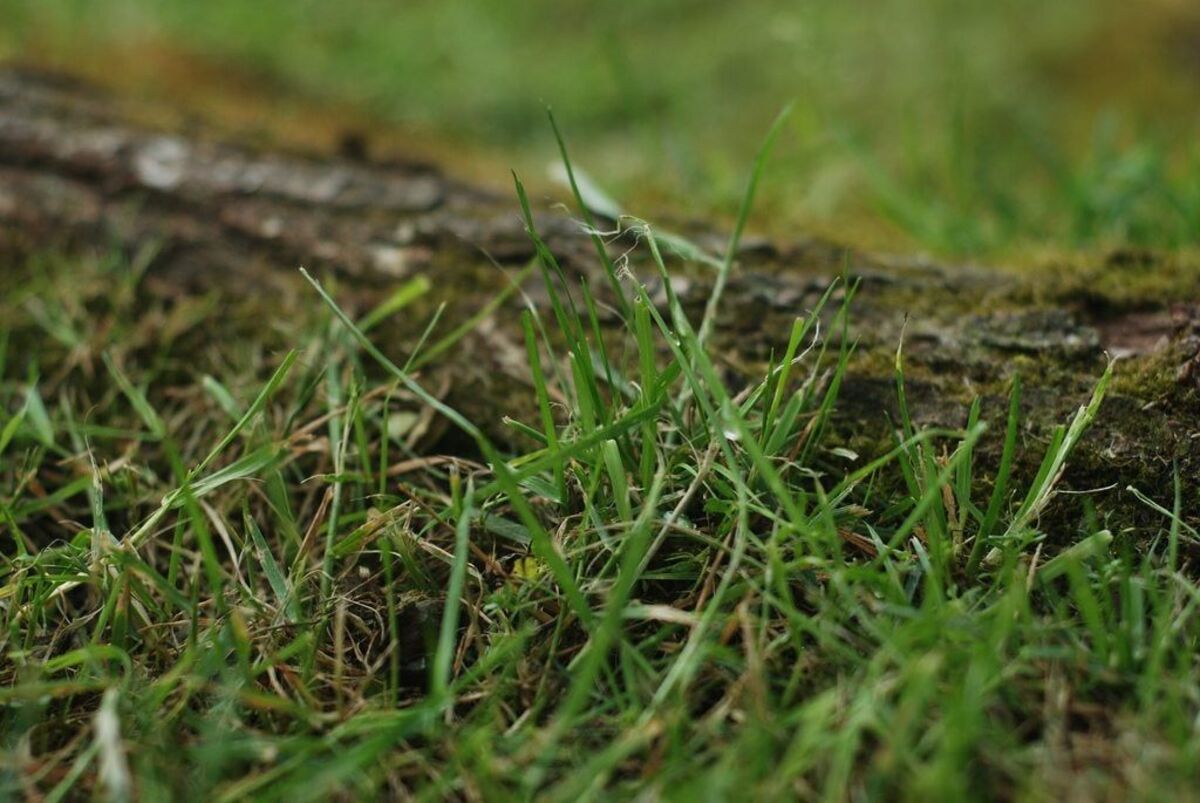
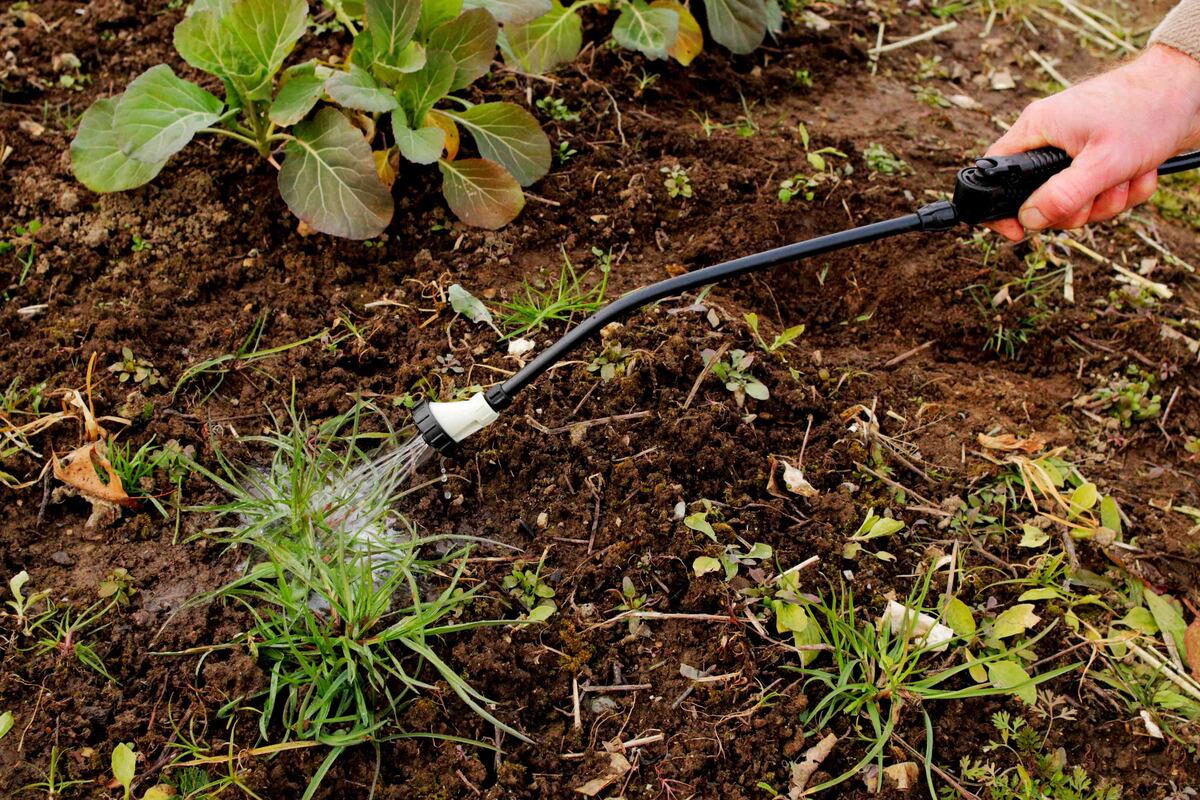
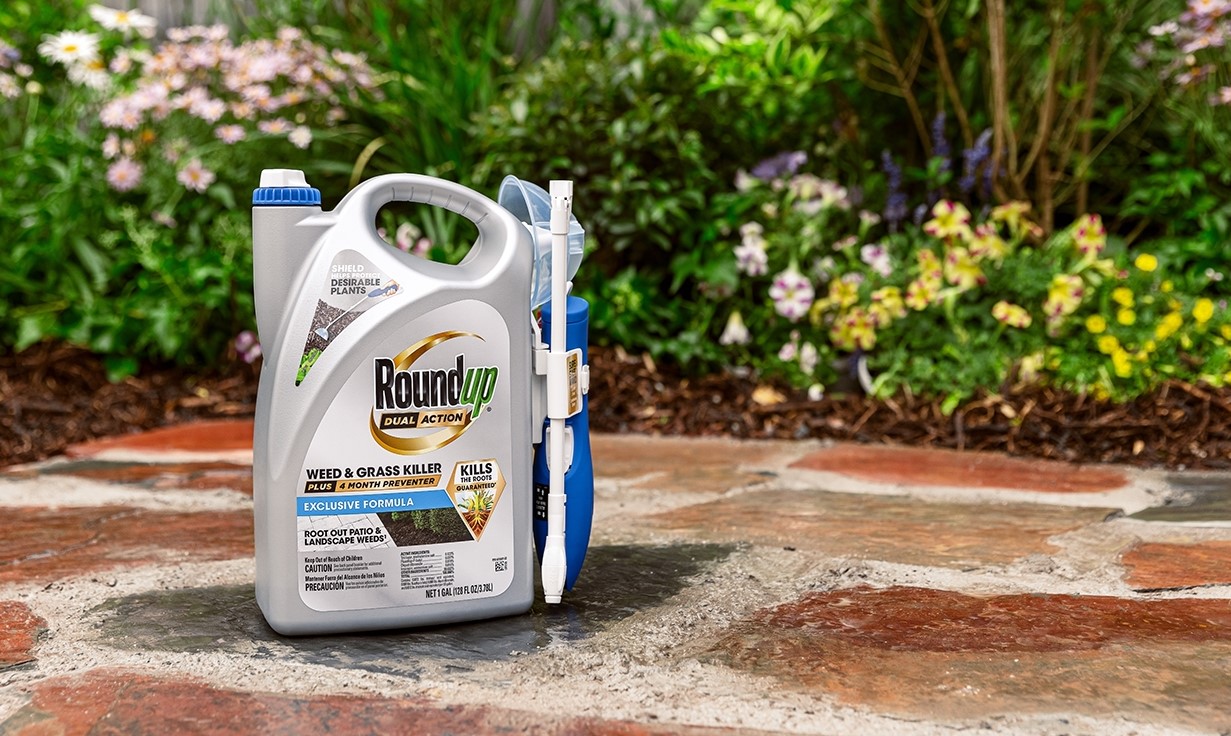
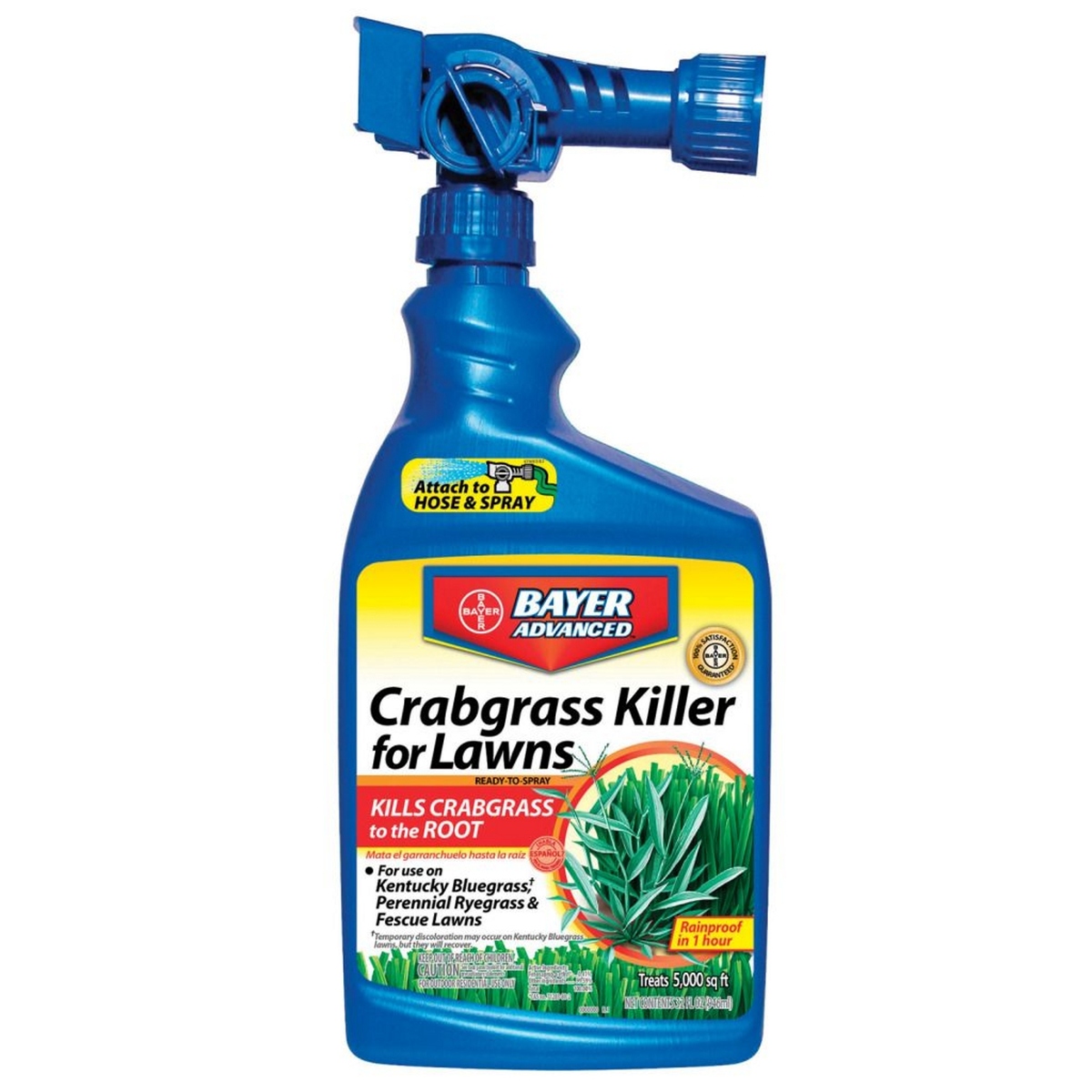
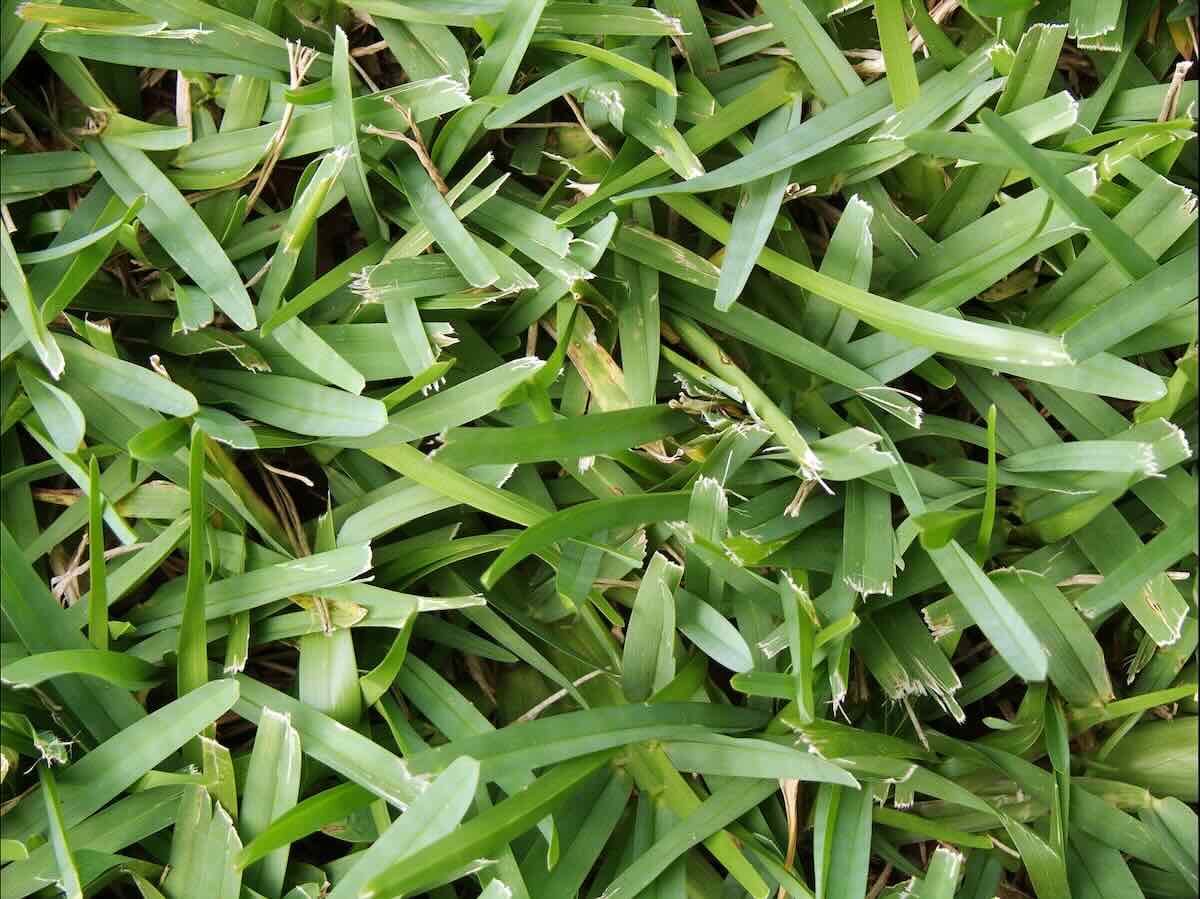
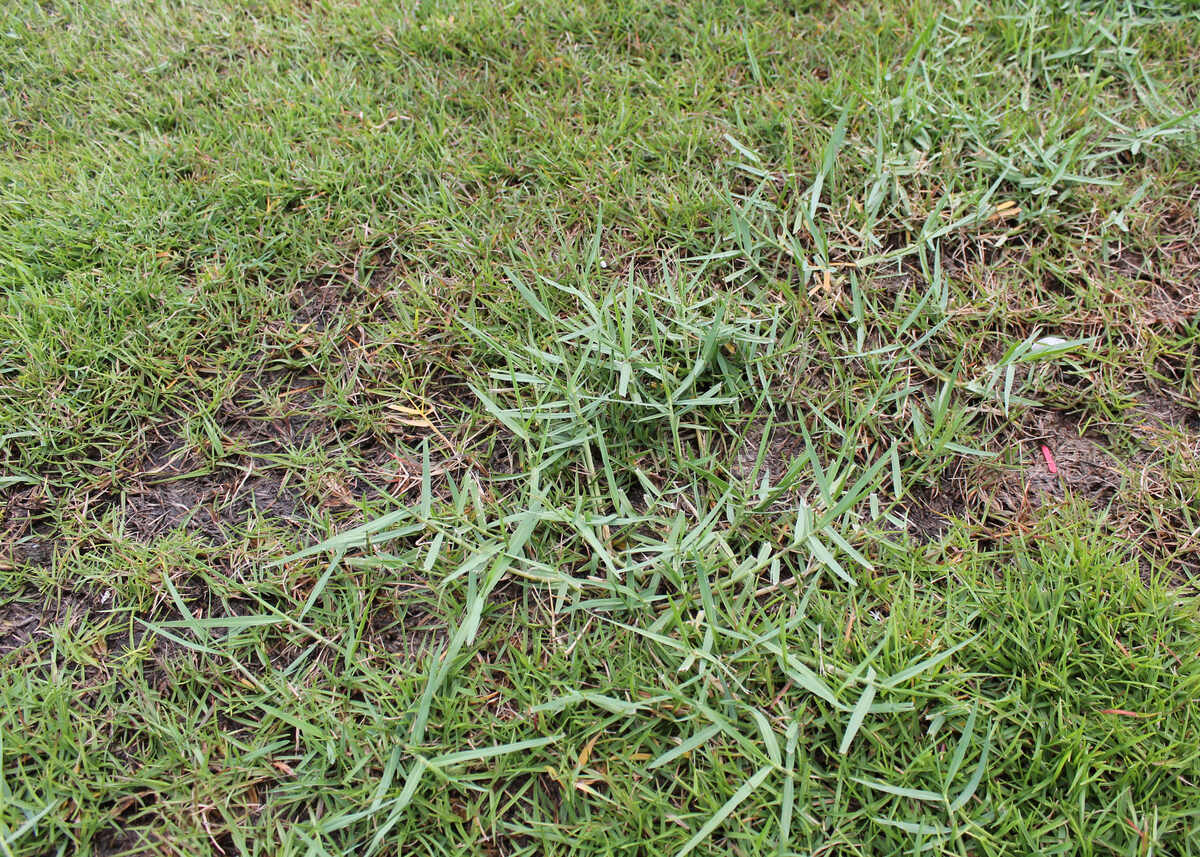
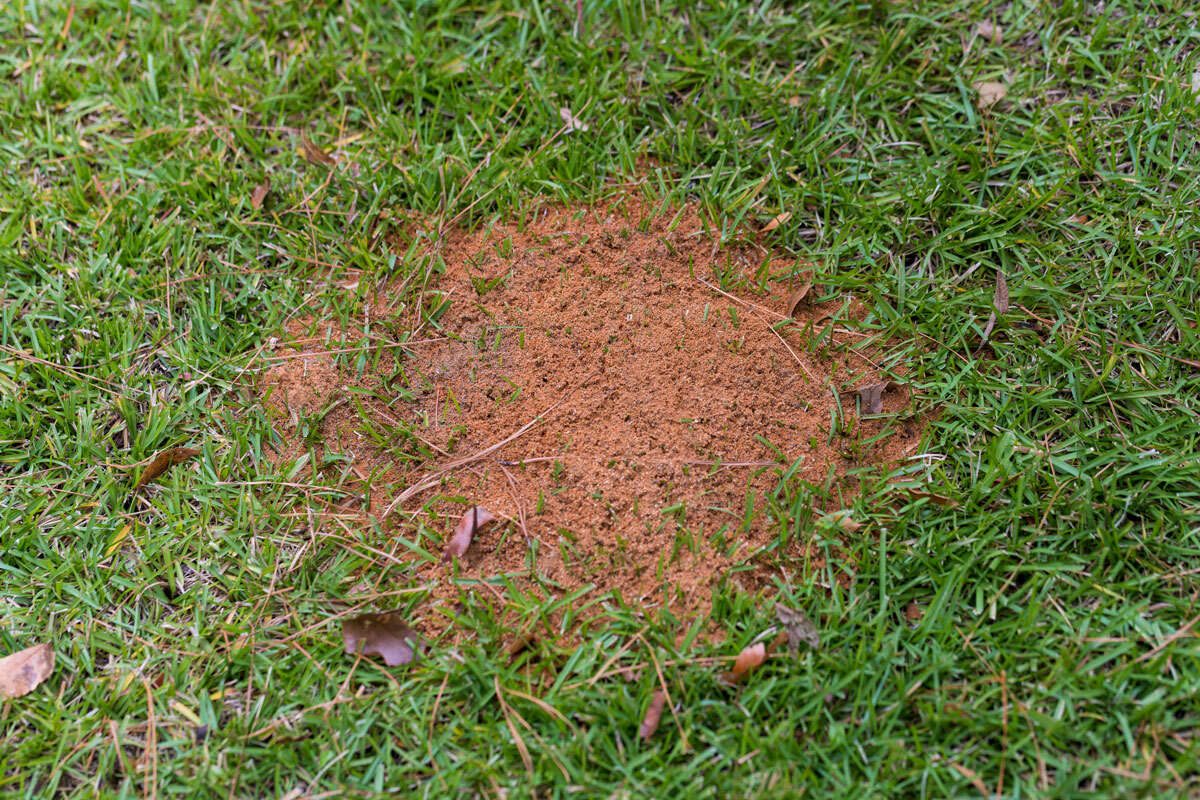
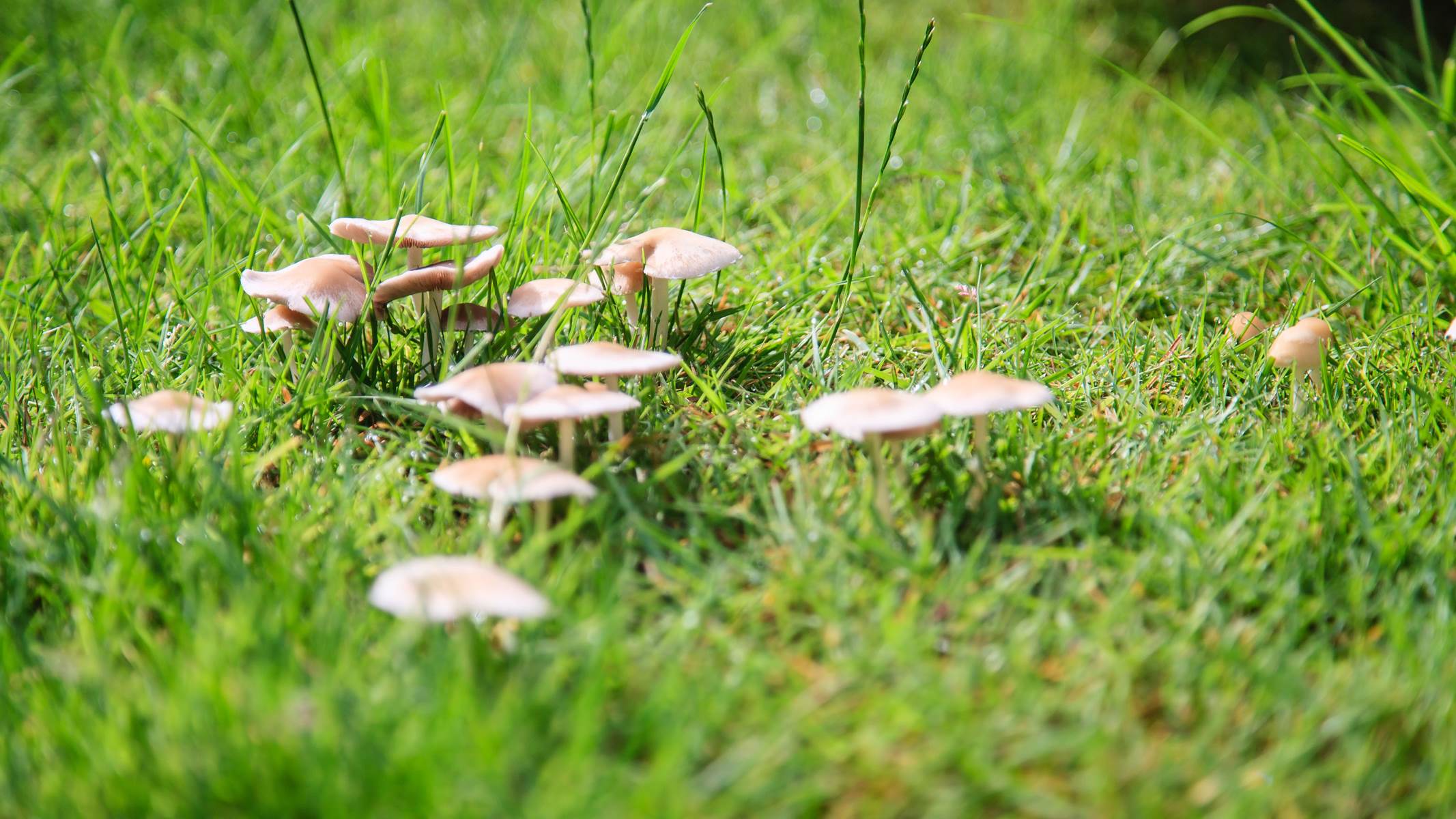
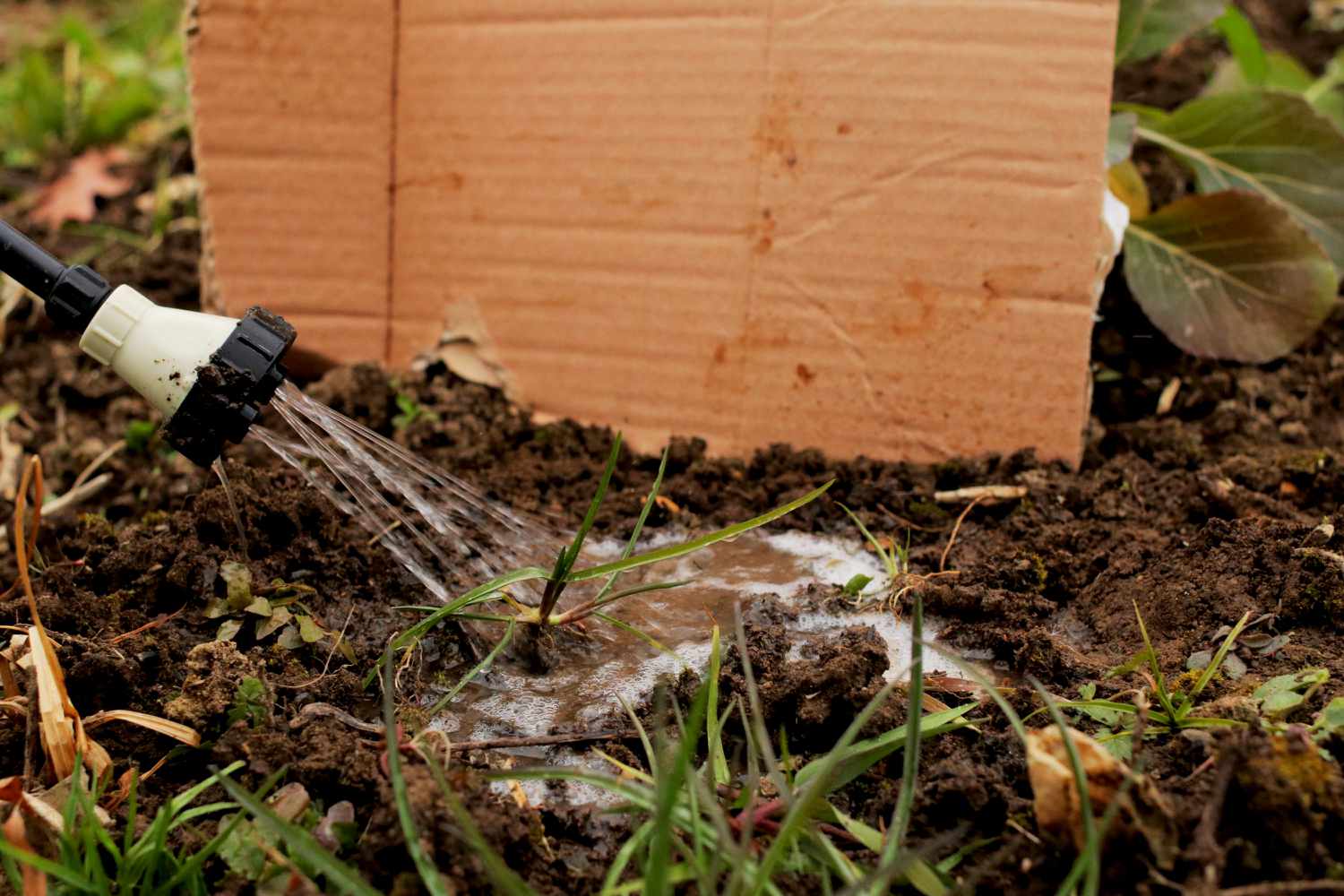
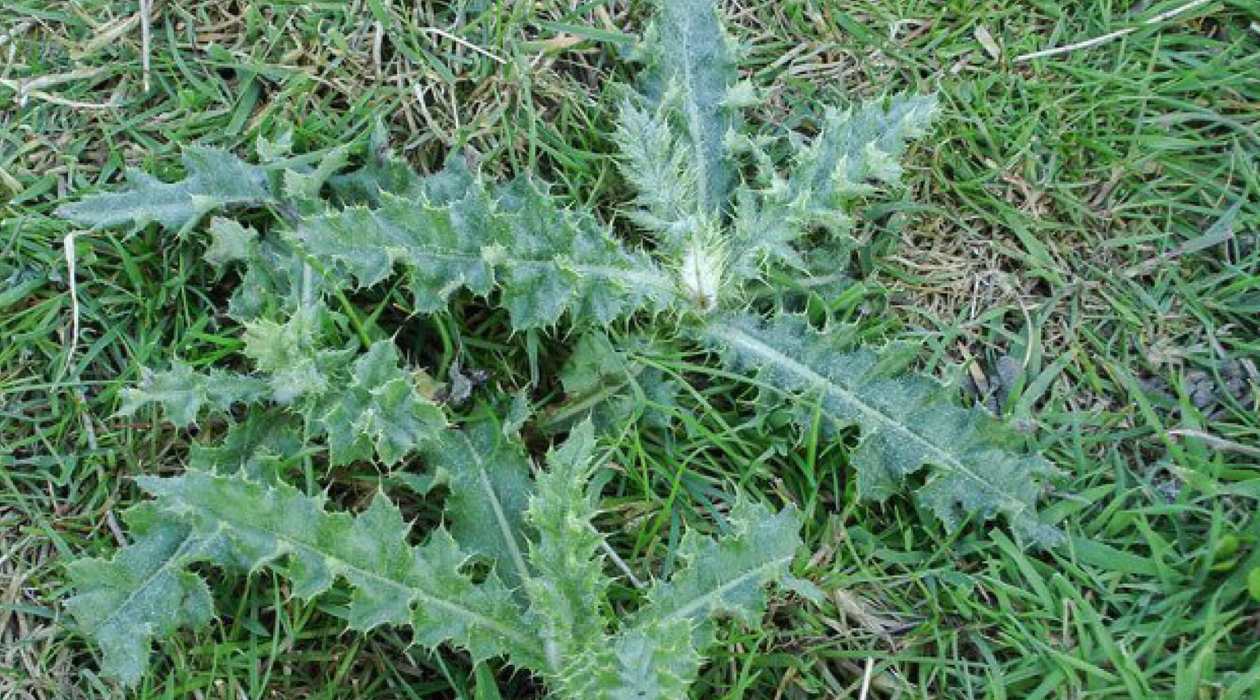
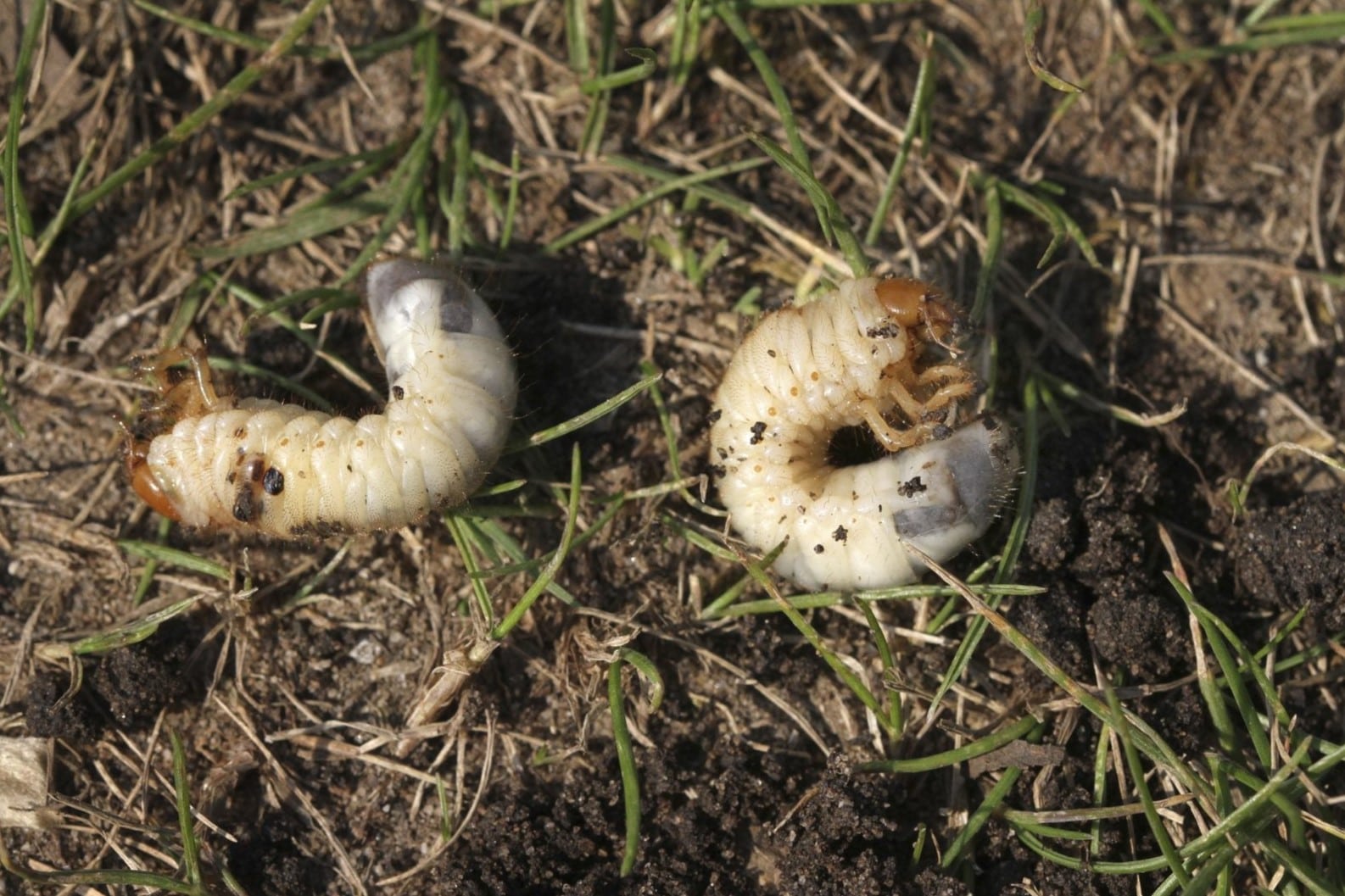

0 thoughts on “What To Use To Kill Nut Grass”